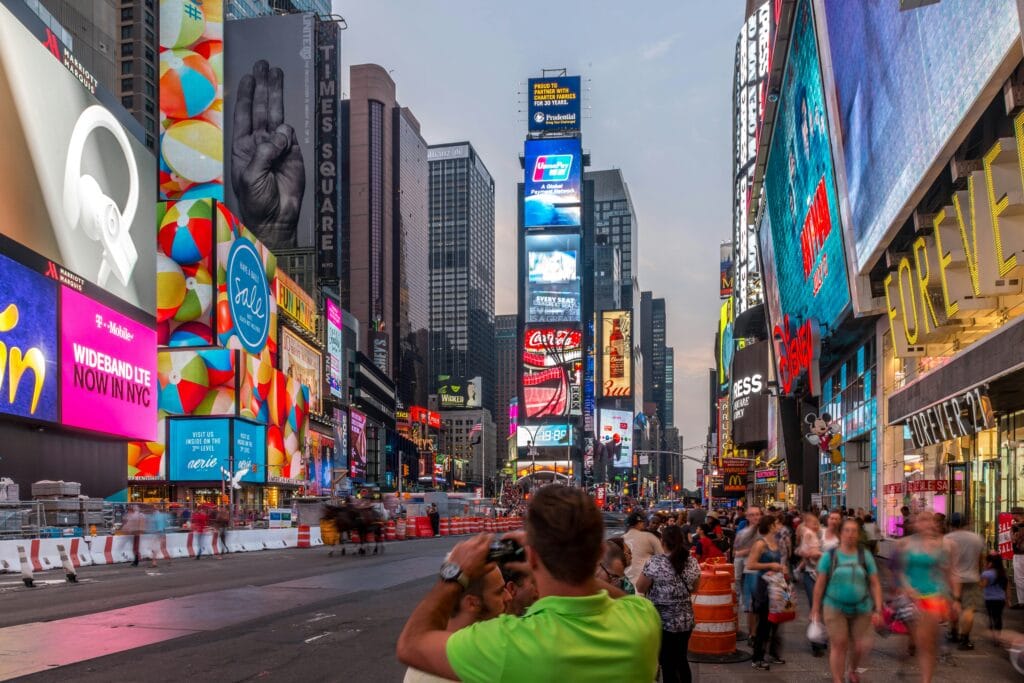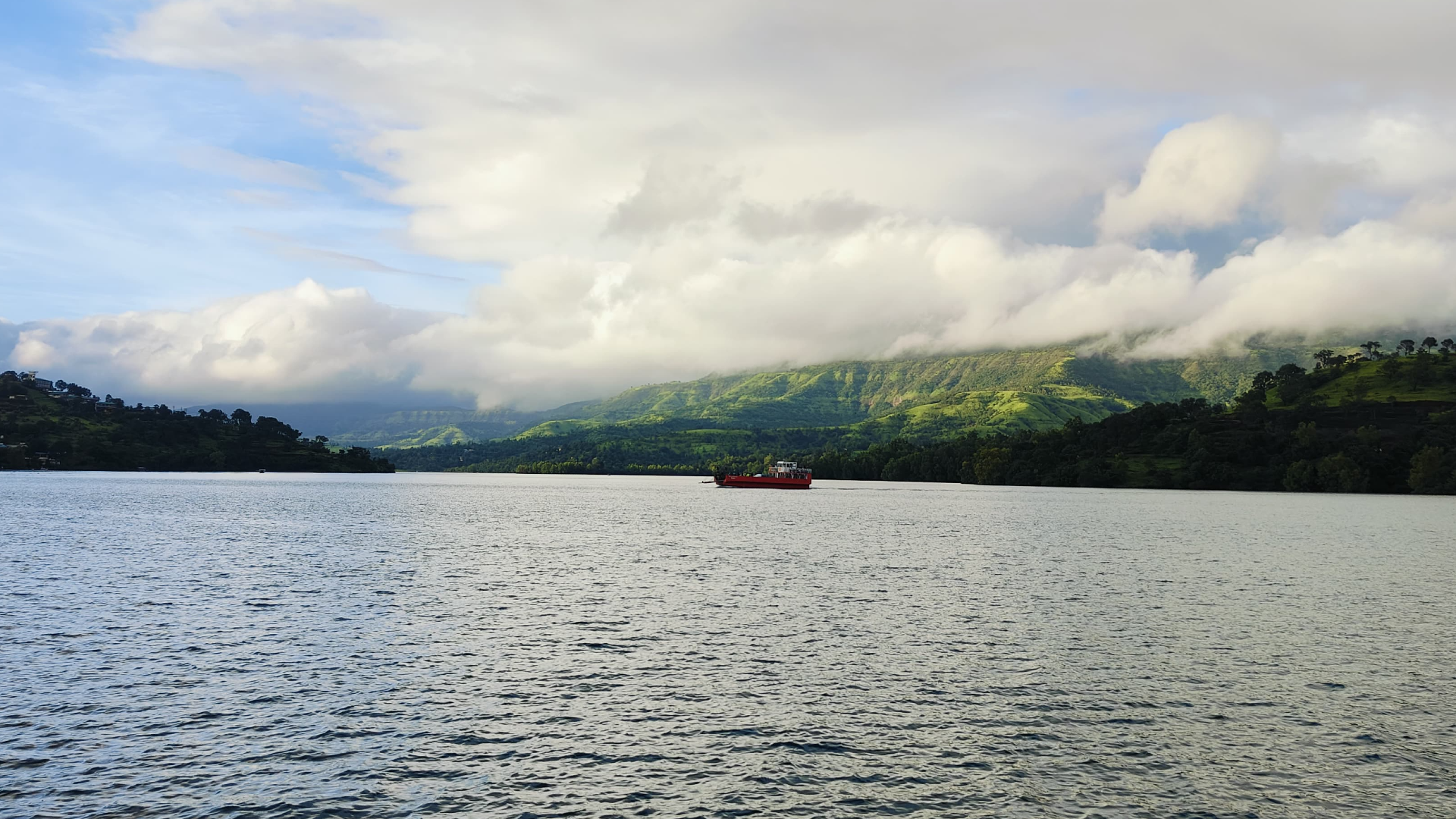Barot Valley, tucked inside the Uhl/Uhlan River basin of Himachal Pradesh (Mandi district), is one of those rare places that still feels raw and unhurried. Built originally as a settlement for the Shanan Hydel Project, Barot has since grown into a peaceful mountain escape: terraced fields, cedar forests, gushing streams, stone paths, and sleepy hamlets like Barot, Multhan, and Badagran. If you’ve been craving an alternative to Manali or Dharamshala—minus traffic jams and tourist traps—this guide gives you everything you need: how to reach from Delhi, where to stay and eat, what to see and trek, and a realistic budget.
Table of Contents
Why Barot Valley?

- Low crowds: Off the main tourist circuit; ideal for people who want quiet trails and slow mornings.
- Landscape variety: River valley, deodar forests, wooden bridges, trout farms, meadows, and high ridgelines.
- Adventure options: Short day hikes, multi-day treks to Rajgundha/Kukar gunda, Uhl River fishing, village walks, night sky viewing.
- All-season charm: Spring wildflowers, monsoon greens, autumn clarity, and snow in deep winter (access can be tricky in heavy snowfall).
Best Time to Visit

- March–June (Spring/Summer): Pleasant days, cool nights, blooming meadows—peak season.
- July–September (Monsoon): Lush green and waterfalls; road delays/landslides possible—travel buffer advised.
- October–November (Autumn): Crisp skies, golden fields—photographers’ favorite.
- December–February (Winter): Quiet and beautiful; snowfall likely. Carry chains/winter gear; road closures possible after heavy snow.
How to Reach Barot Valley from Delhi
1) By Road (most common)
Delhi → Barot: ~500–530 km / 11–13 hours
Route A (fast, scenic):
Delhi → Sonipat → Karnal → Ambala → Chandigarh → Bilaspur → Mandi → Ghatasani → Jhatingri → Barot
- Four-lane up to Mandi; the last 35–40 km from Ghatasani to Barot is a narrow mountain road along the Uhl River—beautiful but slow.
- Self-drive/Taxi: Comfortable SUV recommended. From Mandi, Barot is ~65 km.
Overnight Volvo + Local Cab:
- Board an HRTC/Private Volvo from Delhi (Kashmiri Gate / Majnu ka Tila) to Mandi (₹900–1,600, 9–11 hrs).
- From Mandi bus stand, take a local bus to Barot (4–5 hrs; limited frequency; ₹120–200) or hire a cab (₹2,800–3,800 one way for a small car).

2) By Train + Road
- Take a train to Chandigarh or Una (closest broad-gauge options).
- From Chandigarh, bus/taxi to Mandi (6–7 hrs), then onward to Barot as above.
- From Una, go via Hamirpur → Jahu → Sarkaghat → Mandi/Ghatasani (longer but sometimes lighter traffic).
3) By Flight + Road
- Nearest airport: Kullu–Bhuntar (KUU), ~120–130 km from Barot (4–6 hrs by road, depending on route and weather).
- Limited flights; from Bhuntar, hire a cab via Kullu → Pandoh → Mandi → Ghatasani → Barot.
Tip: If you’re prone to motion sickness, keep medication for the final mountain stretch. In monsoon/winter, check landslide or snow updates before starting.
Where to Stay in Barot Valley
Barot’s charm is in its simple stays—think wood-and-stone homestays, riverside guesthouses, and a few boutique cottages.
Budget Homestays (₹800–1,500 per night, double):
- Family-run houses in Barot, Multhan, Badagran. Expect clean rooms, hot water (geyser/boiler), home-cooked meals.
- Great for cultural immersion: talk to hosts about farming cycles, trout rearing, and local festivals.

Mid-range Cottages/Guesthouses (₹1,800–3,500):
- Riverside rooms or pine-view cottages; some have bonfire pits and basic lawns.
- Often include breakfast/dinner packages.
Camping (₹1,200–2,000 per person with meals):
- Riverside camps operate seasonally (spring to autumn).
- Always check safety, river level, and permissions; avoid camping too close to the water in monsoon.
What to book in peak times?
- Long weekends and summer: pre-book at least 7–10 days ahead.
- Winter: check heating (room heaters/extra quilts) and road conditions.
Where to Eat
Barot has no fancy cafes—thankfully. You’ll enjoy honest Himachali food at homestays and small dhabas.

- Homestay meals: rajma-chawal, dal-roti, seasonal sabzi, siddu (local stuffed bread), sepu vadi (lentil dumplings in gravy), ghee-soaked parathas, and chai.
- Dhabas near Barot market & Ghatasani road: serve thalis (₹120–220), Maggi, omelettes, bread-butter, momos, and tea.
- Fresh trout: several places offer trout fry/grill (₹350–700 per plate) when available.
- Carry snacks for treks: dry fruits, energy bars, chocolate, ORS.
Things to Do & Places to Visit

1) Uhl River Walks & Wooden Bridges
Follow the river upstream and cross one of the wooden footbridges for classic valley views. Early mornings are misty; evenings catch golden light on cedars.
2) Trout Farms & Angling
Barot is famous for trout. With a license (check locally, availability varies), anglers can try their luck on designated stretches. Even without fishing, visiting the farms is interesting.
3) Barot Hydel Project Remnants
The valley’s development began with the Shanan/Luhardi hydel project. You’ll notice canals, old trolley tracks, and power tunnels—great for photo walks and understanding the region’s history.
4) Short Hikes (½ to 1 day)
- Lohardi & Lapas Villages: Easy village trails through fields and cedar groves; perfect for families.
- Badagran to Rajgundha Meadow: Gentle walk through forest lines and meadow flats; spring flowers are stunning.
- Winch Camp/Jhatingri Ridge: Panoramic views of the Uhl valley; sunset hotspot.
5) Signature Treks (1–3 days)

- Rajgundha – Kukargundha Trek (via Badagran)
- Difficulty: Easy–Moderate; Distance: ~12–16 km (one way depending on route).
- Stay in quaint homestays of Rajgundha; stargazing here is superb.
- Barot – Billing Traverse (multi-day)
- A classic shepherd-trail style route that can link Barot to Bir Billing via Rajgundha and Chhota Bhangal. Needs a local guide and planning.
- Plachak / Thamsar Pass approach (beyond Rajgundha)
- For experienced trekkers in season (late spring to early autumn). The Thamsar Pass crosses into Bara Bhangal—serious terrain; go with certified guides only.
6) Day Trips Nearby
A journey to Mysterious Parashar Lake
- Bir Billing (Paragliding): 65–80 km depending on route. Soar from the world-famous Billing launch site.
- Prashar Lake (2,730 m): A magical lake with a floating island; doable as a long day trip if you start early.
- Jalori Pass – Shoja – Serolsar Lake: Alpine meadows, 360° views, and an easy lakeside walk.
Suggested Itineraries
Quick Escape – 2N/3D (Weekend)

- Night 0: Overnight Volvo Delhi → Mandi.
- Day 1: Mandi → Barot by local bus/cab. Check-in, river walk, sunset at a ridge.
- Day 2: Short hike to Badagran/Rajgundha meadows. Trout lunch. Bonfire night.
- Day 3: Slow morning → depart to Mandi → Volvo back to Delhi.
Slow Travel – 3N/4D
- Add a full day for Rajgundha trek with a night stay (homestay) and return the next day to Barot. Spend last evening in Barot or Mandi.
Adventure Link – 4N/5D
- Barot (2N) → Trek to Rajgundha (1N) → Transfer to Bir Billing (1N) for paragliding → overnight bus to Delhi.
Estimated Budget of Barot Valley (from Delhi)
Per person, 3 days / 2 nights; scale up or down easily.

Transport
- Volvo Delhi–Mandi–Delhi: ₹900–1,600 each way → ₹1,800–3,200
- Mandi–Barot local bus (round trip): ₹300–400
- OR private/shared cab Mandi–Barot–Mandi (split among 3–4): ₹900–1,500 per person
Stay & Food
- Homestay (2 nights): ₹800–1,500 per night (double sharing) → ₹1,600–3,000
- Meals (simple veg, 2 days): ₹700–1,200
- One trout meal: ₹350–700
Activities
- Guide for Rajgundha day hike (optional, split): ₹600–1,000 per person
- Camping (optional, with meals): ₹1,200–2,000 per person/night
Miscellaneous
- Snacks, permits (if angling), tea/coffee → ₹300–600
Budget Snapshot (without camping):
₹5,000–7,500 per person (Volvo + homestay + food + local travel + one guided hike)
With camping/night at Rajgundha: ₹6,500–9,500 per person
Families with a child will spend roughly 1.6–1.8× this range depending on room type and private cab usage.
Responsible Travel Notes
Barot’s charm survives because it’s quiet and clean. Help keep it that way.
- Avoid loud music, littering, and alcohol-fueled nuisance.
- Carry back all non-biodegradable waste.
- Respect local customs, ask before photographing people.
- In monsoon, don’t camp close to the river; in winter, check ice on trails.
Packing List (season-agnostic essentials)
- Good walking/trek shoes, warm layers (even in summer nights).
- Rain shell or poncho; sunblock, cap, sunglasses.
- Small daypack, water bottle (2L), ORS, personal meds.
- Power bank; cash (ATMs are limited).
- ID cards; basic first-aid kit.
Safety & Connectivity
- Network: Jio/Airtel work in pockets; data can be patchy in side valleys. Download maps offline.
- Medical: Basic clinics in Barot/Lohardi; better facilities at Mandi. Carry any prescription medicines.
- Weather: Nights get cold even in May–June. In winter, black ice—drive cautiously.
Quick FAQ
Is Barot good for beginners?
Yes. Choose riverside strolls and short hikes; hire a local guide for longer treks.
Can I work from Barot?
Some guesthouses provide Wi-Fi but speeds vary. For serious work, don’t rely on it.
Is fishing allowed?
Angling is seasonal and license-based. Check locally in Barot/Mandi for current rules.
ATM/Payments?
Carry cash. A few places accept UPI, but connectivity drops often.
Final Word
Barot Valley is the rare Himachal escape that still whispers. No neon cafés, no blaring speakers—just the rush of the Uhl River, the scent of cedar, and starry nights over quiet hamlets. Come for slow mornings and long walks, for trout lunches and pine-needle trails, for meadows that glow after rain—and leave it as you found it: clean, calm, and gracious.

















